Following our top 50 films of 2019, we’re sharing personal top 10 lists from our contributors. Check out the latest below and see our complete year-end coverage here.
The end of the decade has spurred reflection on what defined the last ten years in cinema as streaming wars commenced and the future of the theatrical experience was further questioned. It’s still too early to deduce such matters with any long-lasting clarity, so for now, I’ll take a look back at my perspective on the previous year in cinema.
Before we get to new films, my favorite few days inside a cinema in 2019 was at The Nitrate Picture Show at the George Eastman Museum and one can see my 100 favorite new-to-me films throughout the year. After the staggering first viewings of the sprawling masterpieces Berlin Alexanderplatz, Sátántangó, War and Peace, Dr. Mabuse, the Gambler, Les Vampires, and Celine and Julie Go Boating, my 2020 resolution is to perhaps shift my focus on more 70-80 minute movies.
Looking at the 2019 new releases, there’s a number of films that narrowly missed my top 15, including Ash Is Purest White, Our Time, American Factory, Light from Light, Uncut Gems, Los Reyes, Little Women, Her Smell, Portrait of a Lady on Fire, Richard Jewell, A Beautiful Day in the Neighborhood, Pain and Glory, and the list goes on…
It was also a strong year for music-geared films with Paul Thomas Anderson’s Thom Yorke-centered Anima, Mike Mills’ The National film I Am Easy to Find starring Alicia Vikander, Martin Scorsese’s endlessly playful Bob Dylan film Rolling Thunder Revue, and Beyoncé’s epic Homecoming.
Without further ado, one can see my top 15 below and if you wade in the list-heavy waters of Letterboxd, here are my ranking of all 2019 films viewed and an early look at 2020.
Honorable mentions: Non-Fiction, Cold Case Hammarskjöld, Parasite, The Souvenir, The Beach Bum
10. Dark Waters (Todd Haynes)
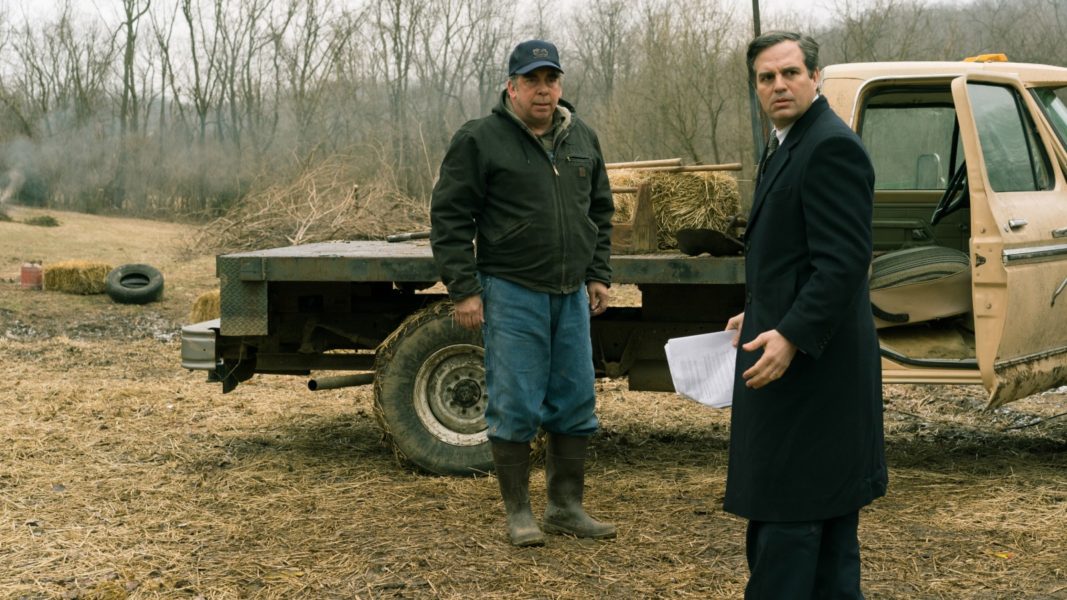
Despite initial hesitations towards the contrary, Dark Waters is a Todd Haynes film through and through. In fact, it’s perhaps an even greater accomplishment than some of his strictly arthouse fare, for he was able to take a timely, issue-focused story and subvert every expectation, scene by scene. In this story of greedy capitalism at the cost of human health, there are no speeches that feel engineered for an awards reel nor are there easy, comforting answers when it comes to what to do next. Coupled with Ed Lachman’s clear-eyed vision, Mark Ruffalo’s simmering lead performance, and an always-excellent Bill Camp, Dark Waters sets the bar for what a certain kind of activist-geared thriller should be.
9. Genesis (Philippe Lesage)
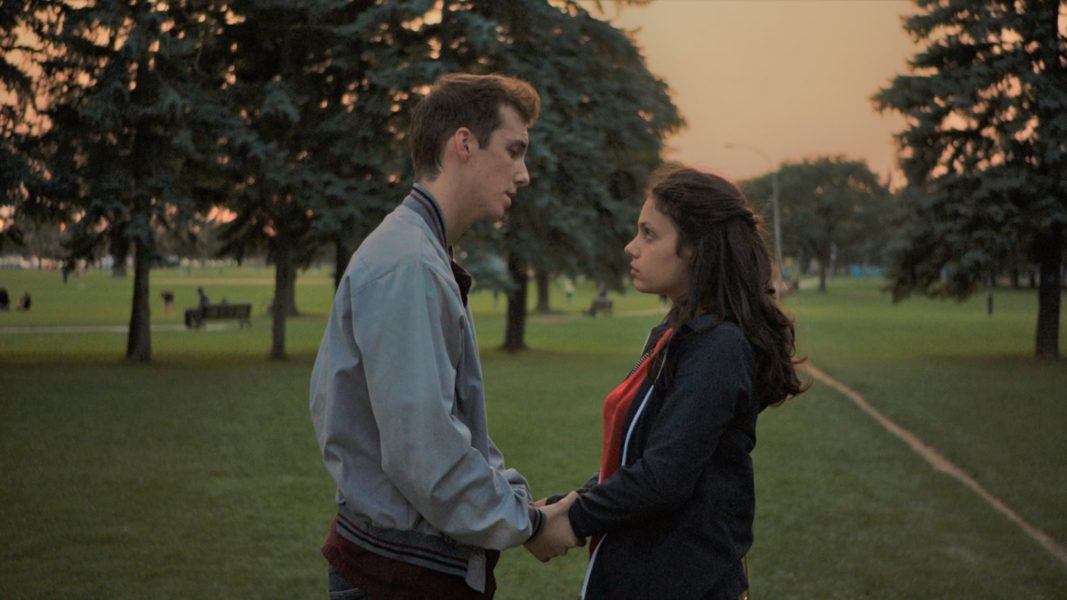
Considering the sheer number of coming-of-age films premiering each year, many getting lost in the undistributed ether after small festival runs, so it’s small miracle when one manages to show us burgeoning adolescence in a new light when it comes to both style and structure. In only his third narrative feature Genesis, Canadian director Philippe Lesage expands on his prior film The Demons with the confidence of a helmer that has dozens of movies under their belt. Led by striking, star-making performances by Théodore Pellerin and Noée Abita, the film keys on the pangs of heartache and the euphoria of the million paths that lie ahead like few before it. You’ll also have this song stuck in your head for weeks.
8. Dragged Across Concrete (S. Craig Zahler)
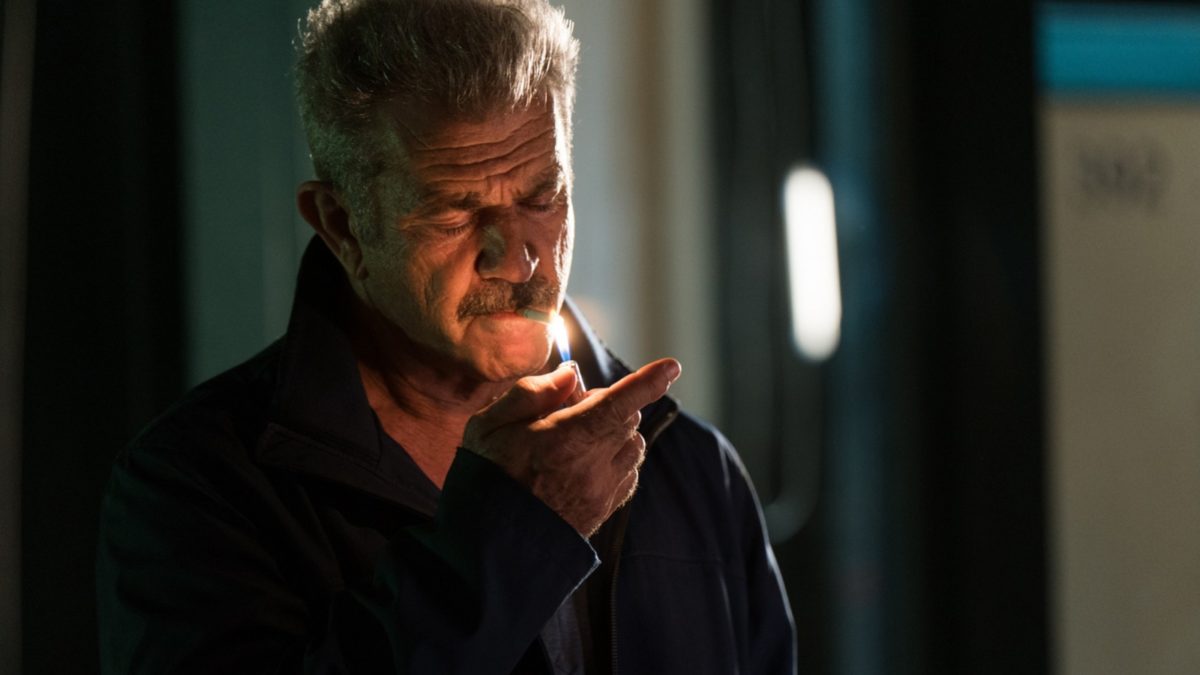
With only three directorial features to his name, one knew about 10 minutes into his debut, Bone Tomahawk, if the dialogue-heavy, bone-crunching, and perhaps offensively brash films of S. Craig Zahler were up one’s alley. While his latest, Dragged Across Concrete, incurred some controversy due to the casting of Mel Gibson, among other things, any film in which (spoilers) the lives of its lead white characters end in bleak despair is proof enough the director is clearly playing both sides of the coin. His latest is an opus of desolation (with some of the most memorably empty spaces since Twin Peaks: The Return), the likes of which is simply absent in independent American filmmaking. With his take-no-prisoners vision when it comes to duration and conversational excess, some may wonder what a bigger-budget project from the director may look like, but if it means losing the ability to do anything he wants with no questions asked, then here’s hoping he’s content with his current stature. As the new master of pulp and violence, here’s hoping he continues the next decade with the same level of proclivity.
7. Once Upon a Time… in Hollywood (Quentin Tarantino)
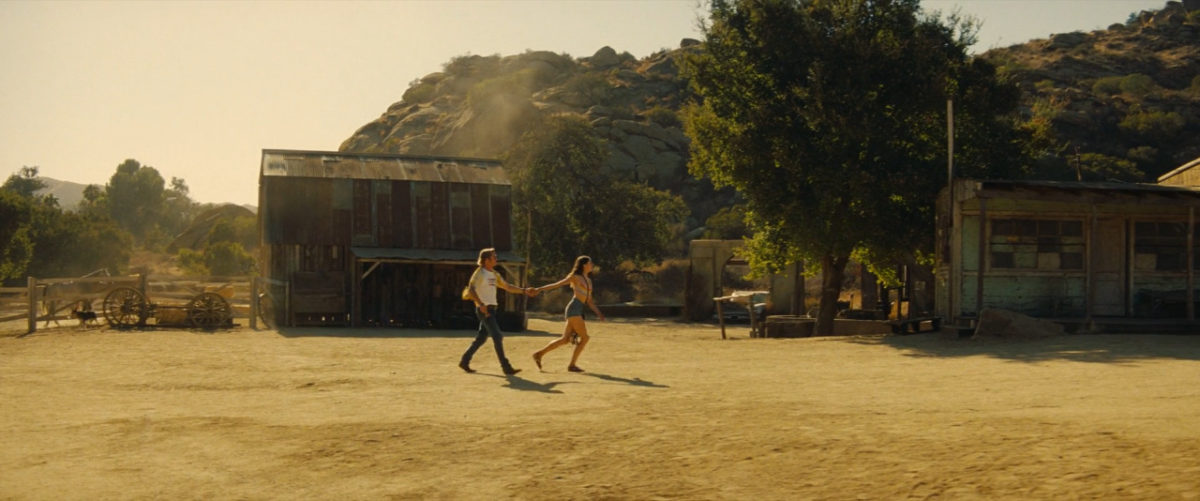
The relaxed charms of Quentin Tarantino’s latest feature are immediately apparent, but further viewings and it truly clicks into place: each perfect song choice, pristine shot, and performance decision are consecutive matches made in heaven. From the shining soul on display in Margot Robbie’s turn as Sharon Tate to the best buddy film in ages with the wounded characters of Leonardo DiCaprio and Brad Pitt to virtually every other face that pops up in this sprawling, but still intimately contained story, there’s not a false note to be seen. For the writer-director, it’s a heartful ode to a time never to be regained, but he’s also able to inject a festering queasiness under the surface. After a few features where his formidable ostentatiousness was in full force, he loosens up here and we’re able to luxuriate in a culture in imminent upheaval.
6. The Irishman (Martin Scorsese)
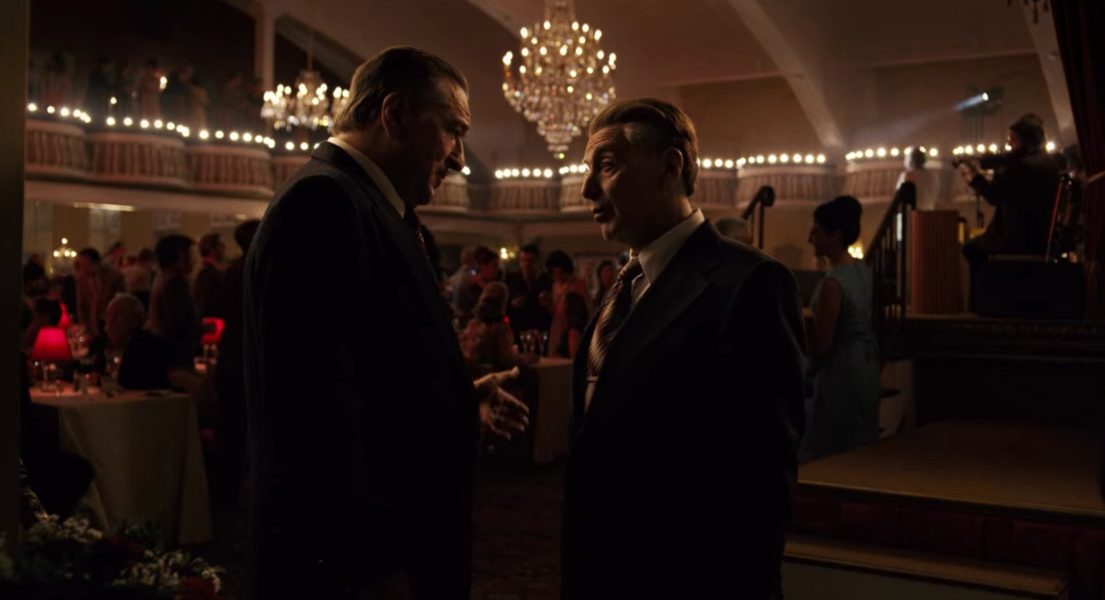
It’s a blessing that he did, but Martin Scorsese didn’t have to deliver the essay of the year since The Irishman speaks for itself when it comes to a shining testament for the kind of films Hollywood should become re-invested in. While none of the traditional studios wanted to make this mob picture (a decision I imagine at least a few now regret), it found the perfect home at Netflix. I was impressed after the world premiere screening at the New York Film Festival, but it was at home upon repeat viewings that the 3.5-hour epic truly blossomed. The character dynamics grew stronger, the intentionally straightforward, but no less impressive cinematography felt more in its place, and the stunning final hour became all the more devastating. In a world where, increasingly, the only focus seems to be on immediate satisfaction and power, it also put in the minds of millions: at the end of one’s life, what are the details that will truly matter?
5. Ad Astra (James Gray)
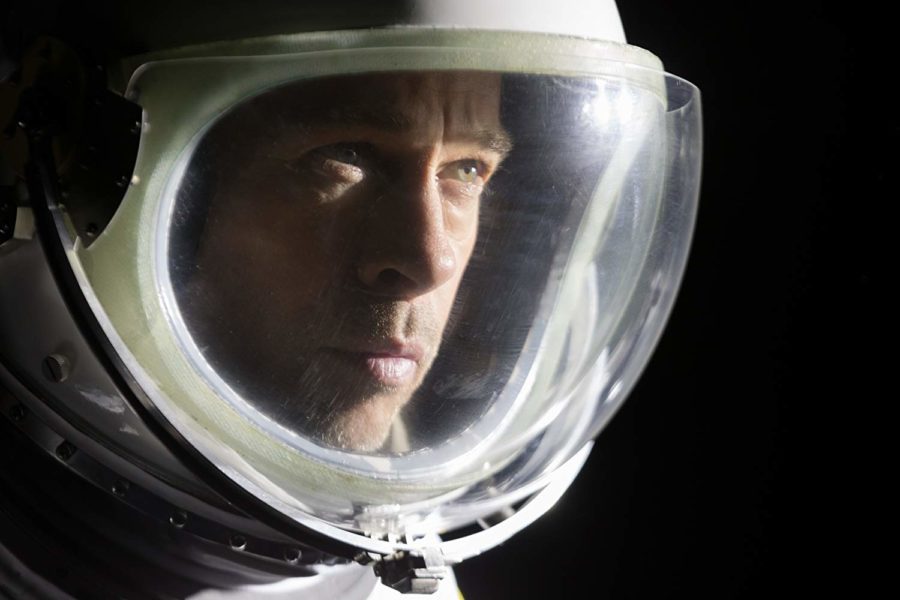
A testament to the immaculate scope that can be realized when a director with a specific vision is given the resources to convey it, Ad Astra is a masterclass in detail. In this Brad Pitt-led story of a space odyssey, one gets the sense that every miniscule touch was carefully considered, culminating in the most purely pleasurable time I had at a theater this year (a feeling invigorated by one of the biggest IMAX screens in the world). The nearly indescribable sensations Gray is able to conjure by going for more subdued grace notes make the awe-inspiring moments all the more sublime. A completely mesmerizing experience from frame one.
4. Asako I & II (Ryūsuke Hamaguchi)
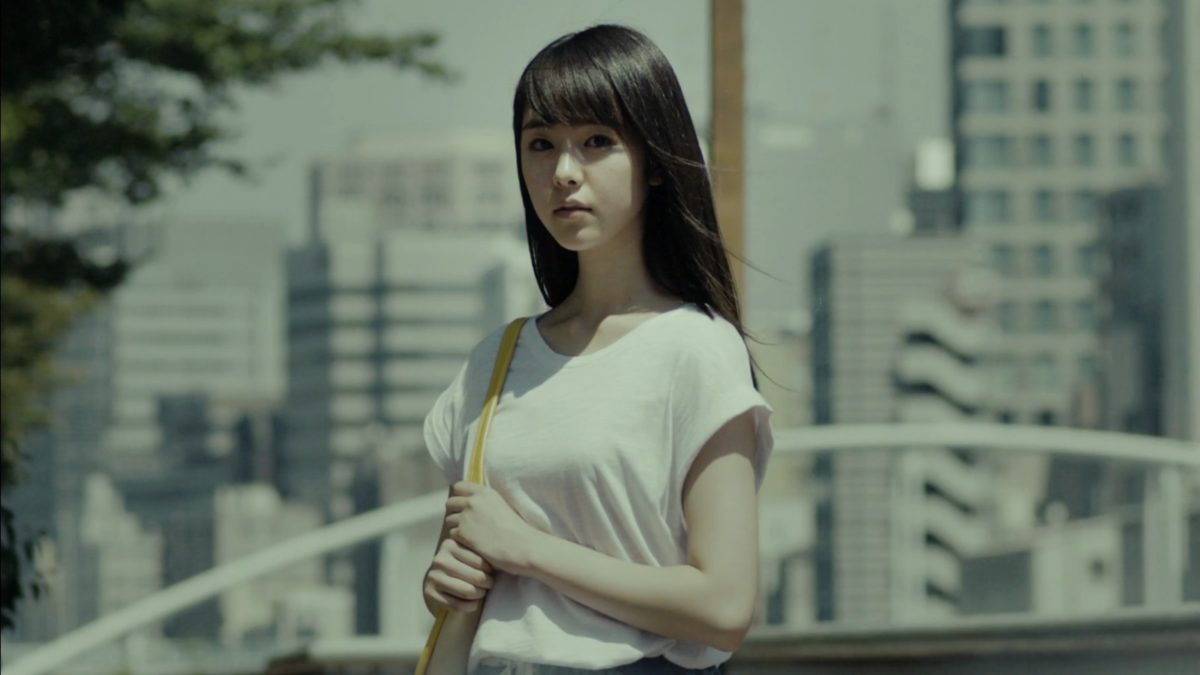
Following his riveting five-hour-plus drama Happy Hour, Ryusuke Hamaguchi returned with Asako I & II, in which he employs an unwavering stream of stylistic flourishes in this absorbing riff on Vertigo. Based on Tomoka Shibasaki’s novel Netemo Sametemo, the story follows a woman who falls in love, but her significant other disappears. Two years later, another man appears with a striking resemblance to her former lover. Less melodramatic than that plot synopsis sounds, Asako is fascinating in its use of surreal touches and enveloping playfulness, making for one of 2019’s most delightful, tender cinematic experiences.
3. Long Day’s Journey Into Night (Bi Gan)
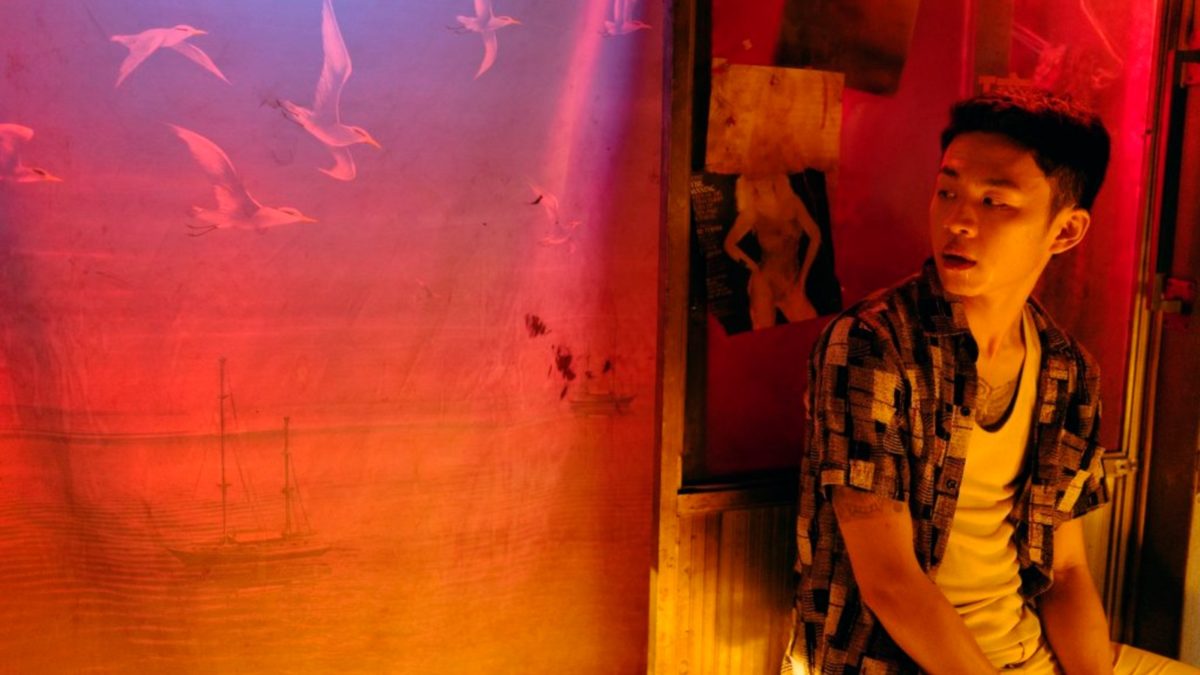
Bi Gan’s transportive, dreamlike odyssey Long Day’s Journey Into Night is a staggering testament to why the theatrical experience should be preserved, and not just for its inventive use of 3D. Mirroring the structure of his stunning debut Kaili Blues, it concludes with an astounding hour-long single take through (and above) multiple towns as we follow a detective’s journey to track down a mysterious woman. It’s become a go-to description to describe beautiful cinematography as dreamy, but what this emerging, brilliant director understands is how to cinematically translate the rhythms of such a subconscious experience in all of its isolation and wonder. He may be influenced by the likes of Wong Kar-wai and Andrei Tarkovsky, but Bi Gan is firmly charting his own path into unknown territory the likes of which have never been explored so thoroughly in film before.
2. A Hidden Life (Terrence Malick)
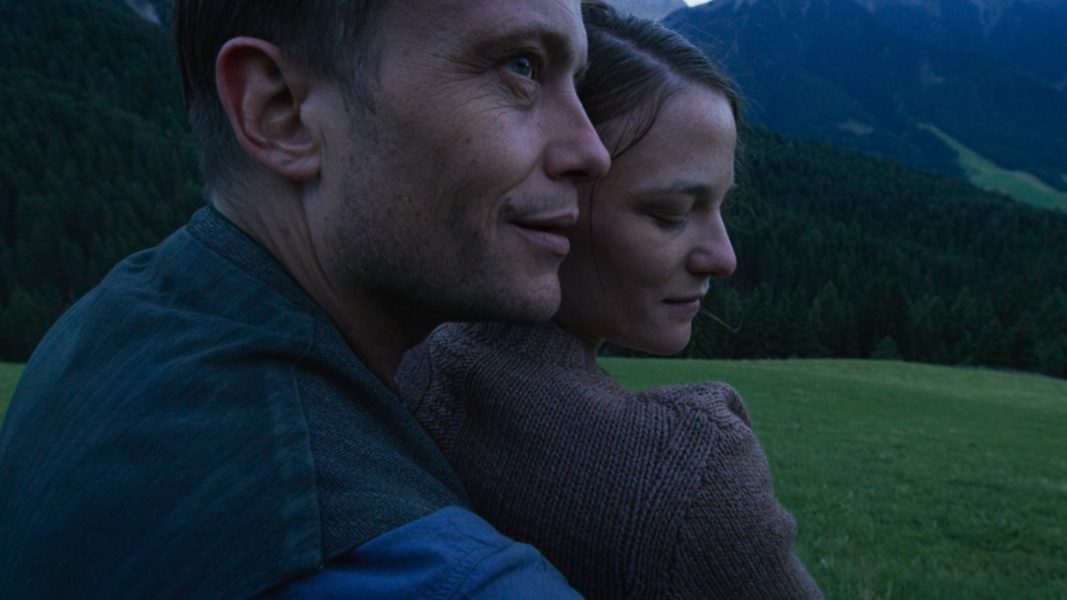
Capping off a decade of forward-thinking reinvention, Terrence Malick delivered what could be considered one of his bigger gambles: a three-hour drama almost solely about an internal, spiritual fight for survival. Employing the cinema-as-memory, restless approach that was solidified in The Tree of Life then experimented to its fullest with his recent trilogy of lost souls in modernity, A Hidden Life takes that style and evocatively rethinks the idea of a biopic. In the story of Franz Jägerstätter and his eternal torment of deciding not to utter a few words of commitment to the Third Reich to save his life (even if he didn’t mean them), Malick captures the beauty he’s leaving behind and the horror of what lies ahead in all of its glorious, terrifying rapture. The director’s longest theatrical cut yet, that endurance is part of the film’s greatest strength as we feel every grueling emotional beat that rings in the heart of Franz. Though heralded as a “return to form,” A Hidden Life is much more of a continuation of a newly-birthed radical method for Malick that I estimate will only age better in the decades to come.
1. Transit (Christian Petzold)
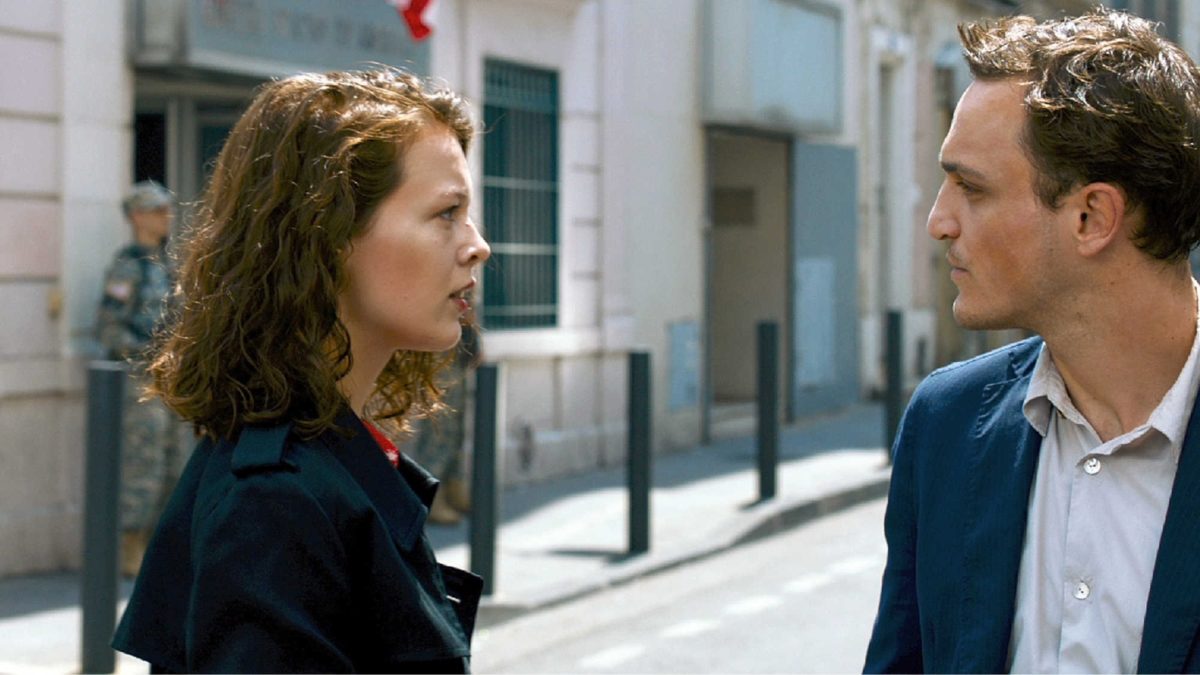
If Malick’s latest film provided a new way to look at the era of World War II, Christian Petzold wholly upends our notion of how the time could be depicted with Transit. The drama adapts the setting of Anna Seghers’ novel 1942-set novel–following a German political refugee in limbo in Marseilles–to the present day without changing the dialogue to reflect its modern era. It’s a touch of genius that, coupled with Petzold’s eye for subtlety and movement (when it comes to both his characters and the camera), makes for the best film of the year. In a career of great accomplishments (the majority of which prior to this thematic trilogy, also including Barbara and Phoenix, have yet to be widely discovered), his new film is the immensely rewarding yet thoroughly enigmatic culmination of his fascination with history, romance, and thrills. If I may conclude this feature with a call to action, Transit is now streaming on Amazon Prime–and if you’ve already seen it, you’ll only be more impressed upon repeat viewings.
